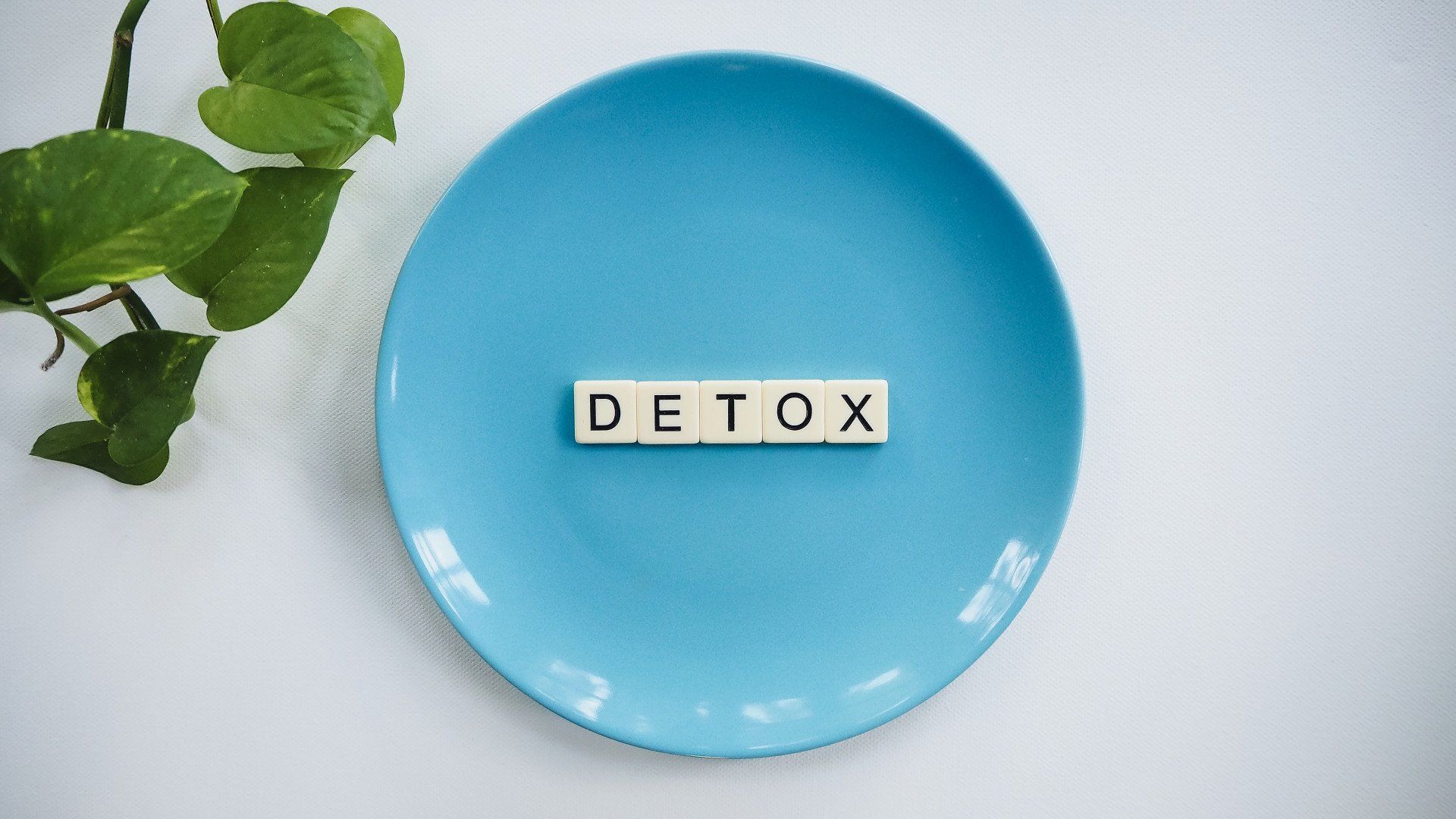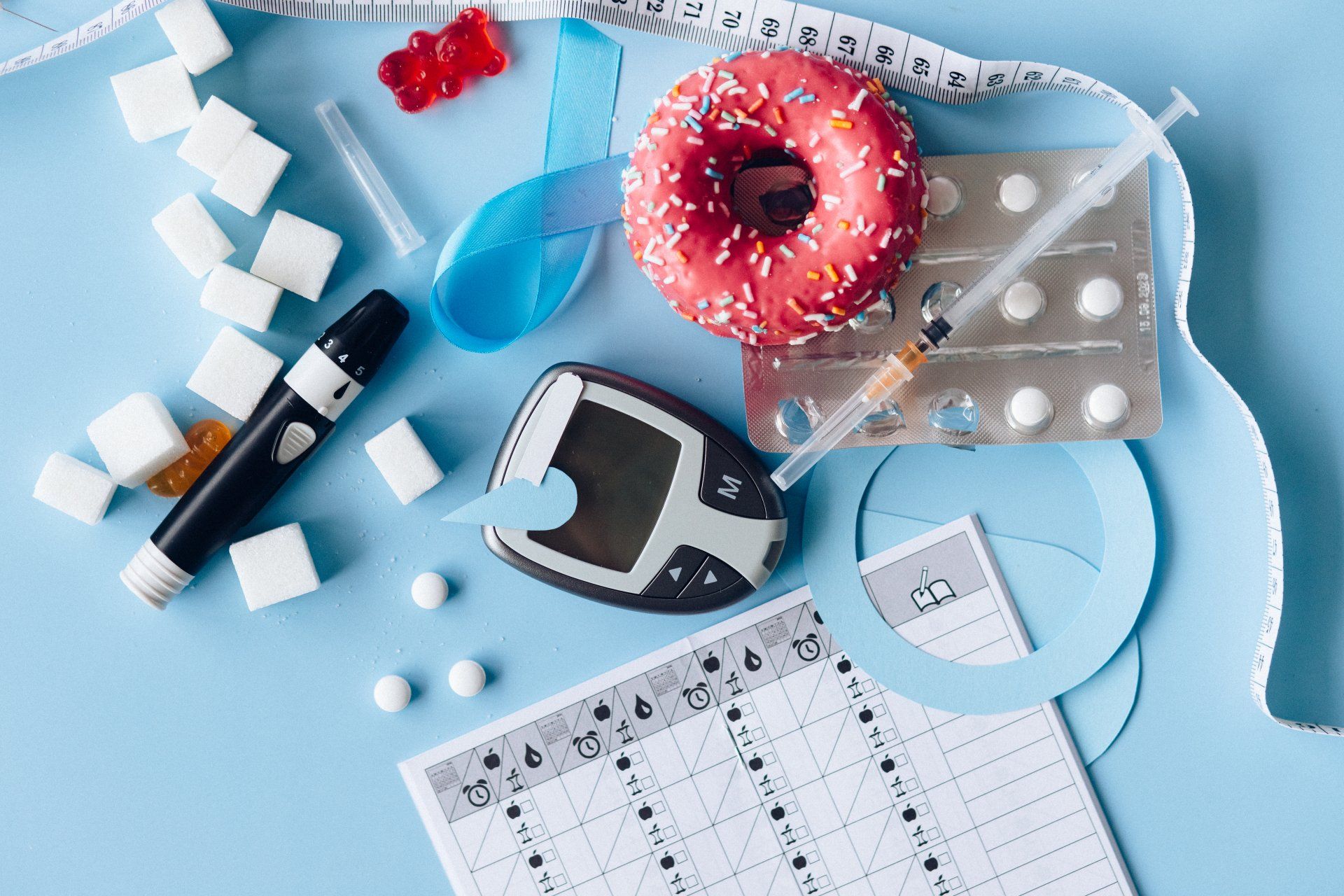What's is Stress!
In medical or biological context stress is a physical, mental, or emotional factor that causes bodily or mental tension. Stresses can be external (from the environment, psychological, or social situations) or internal (illness, or from a medical procedure). Stress can initiate the "fight or flight" response, a complex reaction of neurologic and endocrinologic systems.
Stress can cause or influence the course of many medical conditions including psychological conditions such as depression and anxiety. Medical problems can include poor healing, irritable bowel syndrome, high blood pressure, poorly controlled diabetes and many other conditions. Stress management is recognized as an effective treatment modality to include pharmacologic and non-pharmacologic components.
Stress Management Tips
People can learn to manage stress and lead happier, healthier lives. Here are some tips to help you keep stress at bay
- Keep a positive attitude.
- Accept that there are events that you cannot control.
- Be assertive instead of aggressive. Assert your feelings, opinions, or beliefs instead of becoming angry, defensive, or passive.
- Learn and practice relaxation techniques; try meditation, yoga, or tai-chi for stress management.
- Exercise regularly. Your body can fight stress better when it is fit.
- Eat healthy, well-balanced meals.
- Learn to manage your time more effectively.
- Set limits appropriately and learn to say no to requests that would create excessive stress in your life.
- Make time for hobbies, interests, and relaxation.
- Get enough rest and sleep. Your body needs time to recover from stressful events.
- Don't rely on alcohol, drugs, or compulsive behaviors to reduce stress.
- Seek out social support. Spend enough time with those you enjoy.
- Seek treatment with a psychologist or other mental health professional trained in stress management or biofeedback techniques to learn healthy ways of dealing with the stress in your life.
Breathing Techniques for Stress Relief
Take a deep breath in. Now let it out. You may notice a difference in how you feel already. Your breath is a powerful tool to ease stress and make you feel less anxious. Some simple breathing exercises can make a big difference if you make them part of your regular routine.
- Before you get started, keep these tips in mind:
- Choose a place to do your breathing exercise. It could be in your bed, on your living room floor, or in a comfortable chair.
- Don't force it. This can make you feel more stressed.
- Try to do it at the same time once or twice a day.
- Wear comfortable clothes.
- Many breathing exercises take only a few minutes. When you have more time, you can do them for 10 minutes or more to get even greater benefits.
Deep Breathing
Most people take short, shallow breaths into their chest. It can make you feel anxious and zap your energy. With this technique, you'll learn how to take bigger breaths, all the way into your belly.
Get comfortable. You can lie on your back in bed or on the floor with a pillow under your head and knees. Or you can sit in a chair with your shoulders, head, and neck supported against the back of the chair.
- Breathe in through your nose. Let your belly fill with air.
- Breathe out through your nose.
- Place one hand on your belly. Place the other hand on your chest.
- As you breathe in, feel your belly rise. As you breathe out, feel your belly lower. The hand on your belly should move more than the one that's on your chest.
- Take three more full, deep breaths. Breathe fully into your belly as it rises and falls with your breath.
Breath Focus
- While you do deep breathing, use a picture in your mind and a word or phrase to help you feel more relaxed.
- Close your eyes if they're open.
- Take a few big, deep breaths.
- Breathe in. As you do that, imagine that the air is filled with a sense of peace and calm. Try to feel it throughout your body.
- Breathe out. While you're doing it, imagine that the air leaves with your stress and tension.
- Now use a word or phrase with your breath. As you breathe in, say in your mind, "I breathe in peace and calm."
- As you breathe out, say in your mind, "I breathe out stress and tension."
- Continue for 10 to 20 minutes.
Effects of Stress on Your Skin
Stress can affect your whole body, including your hair, nails, and skin. Since stress is a part of life, what matters is how you handle it.
How Stress Affects Skin
Stress causes a chemical response in your body that makes skin more sensitive and reactive. It can also make it harder for skin problems to heal.
Have you ever noticed that you break out more when you’re stressed? This is because stress causes your body to make hormones like cortisol, which tells glands in your skin to make more oil. Oily skin is more prone to acne and other skin problems.
Stress can also:
Make skin problems worse. For example, stress can aggravate psoriasis, rosacea, and eczema. It can also cause hives and other types of skin rashes and trigger a flare-up of fever blisters.
Interfere with daily skin care. If you’re stressed, you might skimp on this part of your routine, which can aggravate skin issues.
It can also be stressful to have problems with your skin. Some people feel so bad about how it looks that they keep to themselves, which adds more stress.
If you have an issue that doesn't heal or keeps coming back, rethink how you handle stress.
8 Ways to Ease the Effects of Stress on Your Skin
You probably can’t avoid stress completely, but you can try ways to handle it better. Try these approaches:
- Don't neglect your skin. Take care of it, even if you're tired or stressed.
- Get regular exercise. It's good for your skin and the rest of your body.
- Take time for yourself to do something you enjoy, even if you only have 10 minutes. Take a bath or read a book.
- Take a walk around the block.
- Practice stress management techniques, such as breathing exercises, yoga, meditation, or visual imagery.
- Get enough sleep. Seven to 8 hours each night is ideal.
- Say no. It's OK to set limits and boundaries to lower your stress.
- Talk to someone. Seek support from a friend or a professional therapist.
Trying to cut down on the stress in your life? These tips can help.
See how many you can check off in the next 30 days on your way to a better life.
- Set priorities. Focus on what’s important. Let the other stuff go.
- Identify tasks that you can share or delegate, then ask for help.
- Get organized. Disorder can make things confusing and hard to remember.
- Set short-term goals you can reach. Reward yourself for meeting them!
- Say no -- gracefully -- to taking on more obligations.
- Focus on the positive. Choose to look for the good in others and yourself.
- Laugh! Look for humor in your everyday life, or watch a funny video.
- Listen to music. Choose tunes that relax or revive you.
- Talk to a counselor or a friend.
- Remember, things don't have to be perfect. Sometimes “good enough” is just fine.
- Take a time-out for yoga, meditation, or some deep breaths.
- Get regular exercise. Find something you like doing that you can work into your schedule.
- Set aside some time, even 5 to 10 minutes, for yourself each day.
Take time to look after yourself. Try to schedule into the day much needed time-out for you to regather your thoughts and just breathe.
We live in an evolving door that never slows down called life!
Put your foot on the brake, slow down enough to feel and acknowledge each breath you take before your health takes over the wheel and you find yourself fighting a stress induced medical condition.
It is the little things we used to do as children and as teenagers we forget just how spectacular these years were. Whilst we thought that there were periods that we considered unbearable and stressful, it most likely isn't until we set goals and found ourselves committed to a hectic schedule that life truly became a bucket full of STRESS!
Try the above mentioned ideas to become aware and unwind a little OK. We cannot wind the clock of life backwards, but we can learn to actually appreciate and live every second well.
Life is a gift and it is often taken for granted. The wheel falls off and our journey becomes challenged, the navigation of each day all of a sudden is out of control. You are the driver, you have the steering wheel, you have the accelerator and the brake under your feet to control. It is your choice ultimately what speed you decide to travel through life. Choose wisely.
Invest time in your health before your health invests all your time.
Fuel your body with quality food, re-hydrate with enough water, and add natural vitamins that assist and support your body.
Thank you for your support in reading this article and hopefully, you have found it beneficial.
"Providing Better Health Through Knowledge"




